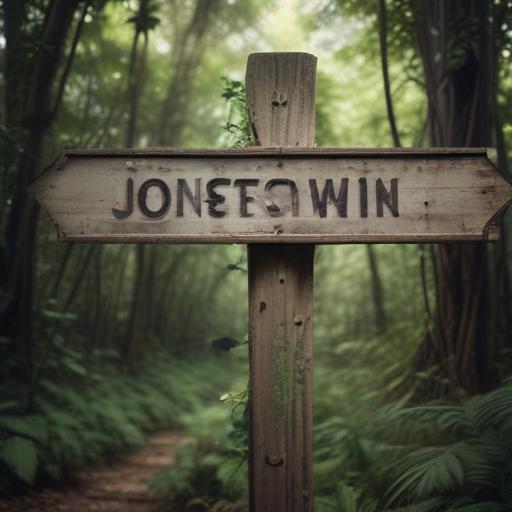A site of one of history’s most tragic cult incidents has reopened, now offering tours to visitors as part of a growing trend in “dark tourism.” This location, known as Jonestown in Guyana, was the scene of a horrific mass suicide that claimed the lives of over 900 individuals in November 1978. The decision to allow tours has ignited debate about the appropriateness and ethical implications of commercializing such a profoundly tragic event.
Wanderlust Adventures GY is spearheading this initiative with packages priced at $750, aiming to enlighten tourists about the dangers of manipulation and unchecked authority. However, many survivors and locals have expressed strong opposition to the venture, labeling it a “money grab.” John Cobb, a survivor who lost 11 family members in the tragedy, voiced concerns about exploiting the site for profit.
While some argue that the site’s reopening can serve as a cautionary tale about cults and manipulation, critics like Kit Nascimento, a former government spokesman, question the value of such educational efforts. They suggest that the tragedy is an American issue, and not one that the local population is obligated to teach or commemorate. He states, “It’s of no consequence whatsoever to the current population.”
The chilling history of Jonestown, where followers of Jim Jones were encouraged to relinquish their life savings and were subjected to constant control, culminated in a tragic last act when Jones ordered his followers to drink cyanide-laced punch under the threat of violence. The site has remained a sensitive topic, with many still mourning the immense loss of life.
Despite the backlash, some proponents of dark tourism highlight a perceived double standard regarding sites like Jonestown compared to other memorials, such as Auschwitz and the Colosseum, that attract many visitors without similar controversy.
The discussions surrounding Jonestown’s reopening invite a broader examination of how society remembers tragedies and the responsibilities that come with it. While darkness lingers over such sites, there is also potential for education and reflection, underlining the importance of understanding the past to prevent similar occurrences in the future.
